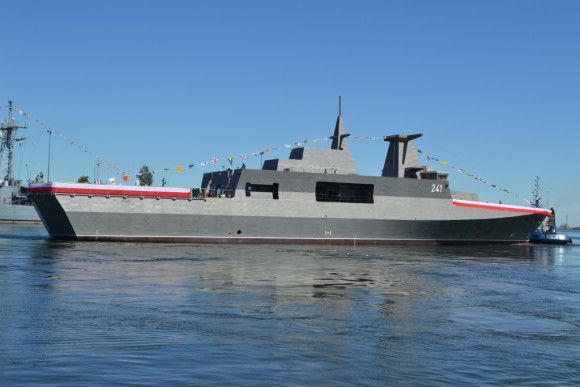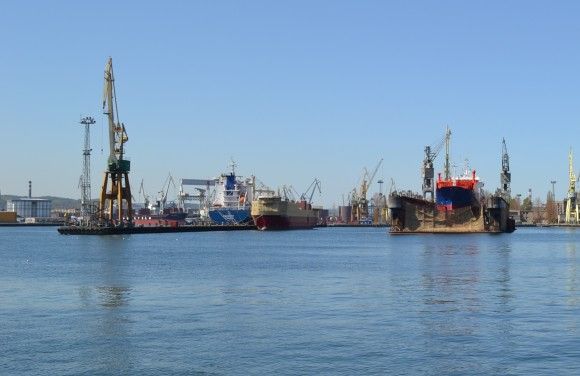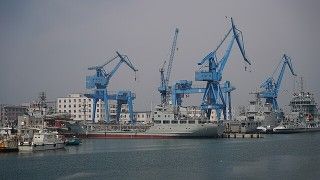- WIADOMOŚCI
Summing Up The CYBERSEC Conference: Joint NATO Cyberspace Units
First edition of the international cybersecurity conference, known as CYBERSEC, came to an end in Cracow. Among the most important recommendations issued after the forum has ended, one should note that the experts suggested that NATO should create joint units which would be involved in maintaining a proper level the cyber-security, and that the cooperation between the private and public sectors, within the scope of identifying and preventing the Internet incidents, should be improved.
First edition of the international cybersecurity conference, known as CYBERSEC – European Forum For Cybersecurity, came to an end in Cracow. During the meeting of the experts, who are working within the Euroatlantic sphere, several discussion panels took place, along with a series of discussions, divided across specialized groups. The conference covered the four basic paths, as follows: State, Army, Future and Business. Within these areas, the experts have prepared some specific recommendations. The Cracow meeting involved 120 invited experts, representing the state organs, international organizations, research institutes and businesses. Several companies that offer cyber-security solutions also presented their offers during the event.
According to Joanna Świątkowska of the Kościuszko Institute, the Programme Director for the CYBERSEC event, the conference realized its role of being a platform for exchange of solutions and experiences, within the scope of security.
Among the most important recommendations presented by the participants of the forum, a need to create joint NATO units that would carry out operations related to cyber-security was discussed. It was also said that there is an urgent need to tighten the cooperation and expand the systems used for information exchange between the public and private sectors, within the scope of identification and prevention of the cyber-space incidents. Leaders of the State (Joanna Kulesza, PhD, of the University of Lodz) and Business (Piotr Ciepela, working for the Ernst and Young company) discussion threads noted the benefits, resulting from the solutions that would blend the need of information transfer, with the requirement of maintaining the confidentiality, within the scope of the state and business secrets. Security of the cloud computing systems was a separate area of discussion.
The experts also noted a great deal of protection required in case of the infrastructure of critical value. When it comes to the legal issues, it has been stated that the solutions implemented so far are sufficient and that there is no need to create additional regulations, pertaining the operations executed in the Internet. Maintaining the current formula of operation of the Internet was also considered to be an important goal. Statements were made that militarization of that tool should be avoided.
The definition of cyber-space aggression was considered to be a problematic issue, by the participants of the panel discussions. In the real world aggression is easy to define, however, in the Internet, interpretation of some activities may vary, depending on the individual states. At the same time, it was noted that there are significant differences in opinions within that scope between the West, and the East. In the former case, only the actions that lead to the substantial, real material damages or personnel losses would be interpreted as aggressive, while in the latter case, spying or propaganda operations may just as well fall within the semantic field of the term “aggression”. The problem is also related to identification of the source of the attack - and here the source is not always so obvious, as in case of a conventional conflict or crisis.
- In the cyberspace, the thin line between peace and war is being constantly erased - as it was stressed by Janrno Limnella, of the Finnish Aalto University.
(AH)


















